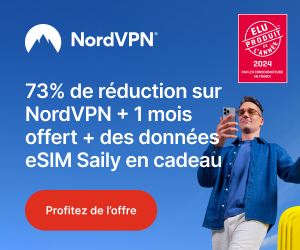
The constant connectivity provided by Internet-enabled smartphones has birthed a culture that expects services to be available instantaneously. Ride sharing apps like Lyft and Uber exemplify this approach to commerce, and allow independent drivers to immediately connect with individuals who want to be driven somewhere.
The massive success of these tools has some people wondering about the Uber-ization of other businesses, and insurance sales are no different. Some pundits believe that Internet-enabled systems will allow people to independently sell insurance in their spare time, according to Life Health Pro.
While the complete breakdown of existing insurance sales structures is unlikely, financial professionals can learn a lot about consumer habits from ride sharing apps and similar systems that put control in consumer’s hands.
The need for expertise
The insurance industry stands at a crossroads. The industry’s current client base is aging, and while these high net worth individuals remain valuable for financial professionals, producers need to bring in younger people who will become tomorrow’s high net worth consumers.
Until now, financial professionals generally did not target young people, because these consumers have been less lucrative than their older counterparts. According to a Wells Fargo study, about 16 percent of millennials are currently using a paid financial professional for guidance. That doesn’t mean that millennials don’t value the insight a professional can provide, however. In fact, the majority of those who do not pay a financial professional indicate they would like the services of a seasoned expert.
With that in mind, it’s unlikely that the next generation of people seeking financial help will turn to services that allow freelance financial professionals to connect with specific clients. Instead, it seems tomorrow’s high net worth clients will gravitate toward professionals who demonstrate a depth of financial understanding. Successful financial professionals will still use the Internet to forge connections with consumers, but it’s unlikely the focus will be on Uber-like quick connections.
Accessing information from anywhere
Younger people expect to be able to access information from mobile platforms, but that doesn’t mean they want to conduct every important purchase through their phones. According to a survey conducted by research firm Corporate Insight, young people expect their financial professionals to be transparent and educational, and anticipate that they will be able to access educational information through a mobile application.
Financial professionals who provide educational information to potential clients foster an important bond. Although many young people are not currently financially well-off enough to require the guidance of a financial professional, they will eventually reach that stage. When the time comes to pay for financial information, these consumers will probably turn to the entities they used to find trusted information in the past. By fostering a culture of open communication, financial professionals lay the groundwork for client conversions down the line.
The insurance industry may not undergo a transformation like the one ride-sharing apps brought to the transportation field, but it is clear that mobile and internet-enabled applications will be a huge factor in insurance sales going forward.








